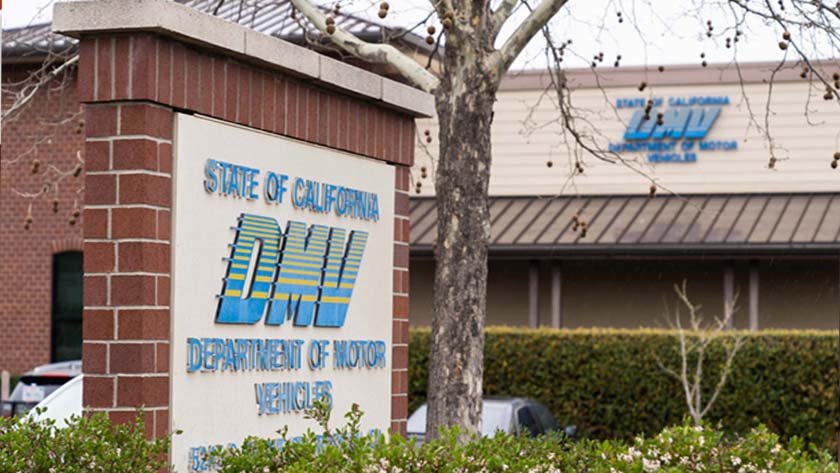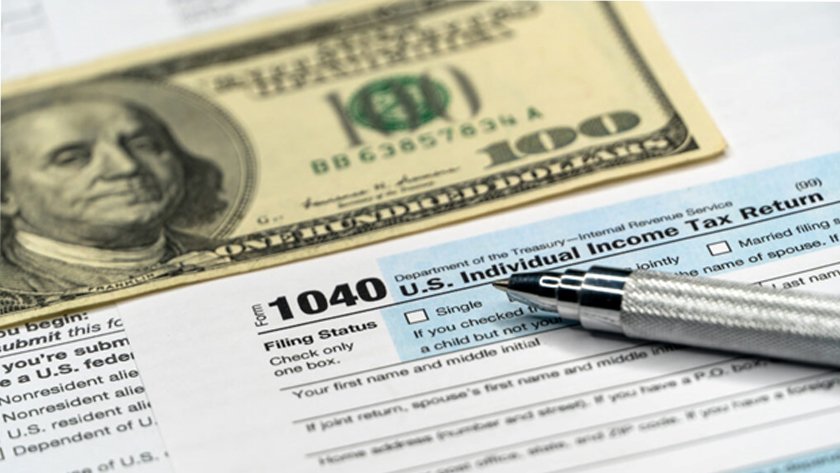Are you tired of struggling with bookkeeping mistakes that can jeopardize your business? Look no further! Barron Income Tax has got you covered. In this exclusive post, we unveil the ten most common bookkeeping blunders and equip you with valuable tips to avoid them. Whether you’re an experienced bookkeeper or a small business owner trying to handle your finances, this is a must-read guide. Discover how to maintain impeccable financial records, ensure the smooth functioning of your organization, and make informed decisions that drive success. Don’t let avoidable errors hinder your progress. Join us on this enlightening journey toward financial stability today.
Table of Contents
10 Common Bookkeeping Errors by Implementing Preventative Measures
1. Failing to Keep Receipts and Records
Proper record-keeping is the foundation of effective bookkeeping. One of the most common mistakes is failing to keep track of receipts and records. Without accurate documentation, it becomes challenging to reconcile accounts, identify errors, and substantiate expenses during audits.
To avoid this mistake, create a system for organizing and storing receipts and records. Consider using digital tools like cloud-based accounting software to streamline the process. Additionally, make it a habit to regularly reconcile transactions and maintain a backup of your financial data.
2. Mixing Personal and Business Finances
A fundamental rule of bookkeeping is to separate personal and business finances. However, many small business owners make the mistake of intertwining these two aspects, leading to confusion and errors in financial reporting.
To avoid this mistake, open a separate bank account for your business. This will help you maintain clear boundaries between personal and business expenses, making tracking and managing your finances easier.
3. Inaccurate Categorization of Expenses
Properly categorizing expenses is essential for accurate financial reporting. However, bookkeepers often make mistakes in categorizing expenses, leading to misrepresenting financial data and incorrect decision-making.
To ensure accurate expense categorization, familiarize yourself with the common expense categories in bookkeeping. Use appropriate accounting software to automatically assign expenses to the correct categories. Regularly review and adjust categorizations as needed.
4. Neglecting Bank Reconciliations
Bank reconciliations are a critical process in bookkeeping services that involves comparing your financial records with bank statements. Neglecting this process can result in undetected errors, bank fees, and inaccurate financial reporting.
To avoid this mistake, set aside monthly time to perform bank reconciliations. Compare your records with bank statements, ensuring all transactions are accounted for and promptly address discrepancies.
5. Failure to Backup Data Regularly
Data loss can be disastrous for bookkeepers and businesses. Imagine losing all your financial records due to a hardware failure or a cyber-attack. Unfortunately, many bookkeepers neglect the importance of regular data backups.
To mitigate the risk of data loss, establish a backup routine. Utilize secure cloud storage or external hard drives to store backup copies of your financial data. Consider automating the backup process to ensure consistency and reliability.
6. Poor Communication with Clients or Colleagues
Effective communication is crucial in bookkeeping, especially when working with clients or colleagues. Misunderstandings and lack of clear communication can lead to errors, delays, and strained relationships.
To improve communication, establish clear communication channels with your clients or colleagues. Use professional and concise language, provide regular updates, and promptly address concerns or questions.
7. Overlooking Tax Deadlines and Obligations
Tax compliance is a vital aspect of bookkeeping, and missing tax deadlines or failing to meet tax obligations can result in penalties and legal issues. However, amid bookkeepers’ numerous responsibilities, deadlines can sometimes be overlooked.
Create a calendar highlighting important tax deadlines and obligations to avoid this mistake. Set reminders and establish a system to ensure that all tax-related tasks are completed well in advance.
8. Lack of Reconciliation for Accounts Receivable and Payable
Accounts receivable and accounts payable are crucial to a business’s financial health. However, failing to reconcile these accounts regularly can lead to cash flow issues, late payments, and strained relationships with vendors or clients.
Regularly reconciling your accounts receivable and payable to maintain a healthy cash flow. Ensure that payments are collected and made on time, and promptly address any discrepancies or issues.
9. Not Seeking Professional Help When Needed
Bookkeeping requires a certain level of expertise, and it is common for bookkeepers to encounter complex situations that require professional guidance. However, some bookkeepers hesitate to seek help, leading to unresolved mistakes.
If you encounter a complex or unfamiliar situation, don’t hesitate to seek assistance from a professional accountant or online bookkeeping service expert. Their expertise can help you navigate challenges and ensure accurate financial reporting.
10. Lack of Regular Financial Analysis
Bookkeeping is not just about recording financial transactions; it also involves analyzing and interpreting the data to make informed business decisions. However, many bookkeepers focus solely on data entry and neglect the importance of regular financial analysis.
To avoid this mistake, schedule regular financial analysis sessions. Review key performance indicators, assess trends, and identify areas for improvement. Utilize financial analysis tools and reports to gain valuable insights into your business’s financial health.
FAQs
1. What is the importance of accurate bookkeeping?
Accurate bookkeeping is essential for several reasons. It provides a clear picture of a business’s financial health, enables informed decision-making, ensures compliance with tax regulations, and facilitates smooth audits.
2. Can I manage bookkeeping without accounting software?
While it is possible to manage bookkeeping manually, accounting software significantly simplifies the process. It automates repetitive tasks, minimizes errors, provides real-time financial data, and offers various reporting options.
3. How often should I reconcile my bank accounts?
It is recommended to reconcile your bank accounts monthly. This ensures that your financial records match the bank statements and helps promptly identify discrepancies or errors.
4. Is it necessary to hire a professional bookkeeper?
Hiring a professional bookkeeper can be beneficial, especially for complex or time-consuming tasks. They bring expertise, ensure compliance, offer valuable insights, and free up time for you to focus on core business activities.
5. How can I improve my bookkeeping skills?
To improve your bookkeeping skills, consider taking relevant courses or certifications. Stay updated with industry trends, utilize accounting software effectively, seek professional guidance, and consistently practice accurate record-keeping.
6. What are the consequences of poor bookkeeping?
Poor bookkeeping can have severe consequences for a business. It can result in inaccurate financial reporting, mismanagement of funds, legal issues, penalties, damaged business relationships, and hindered growth prospects.
Conclusion
It is essential to avoid common bookkeeping mistakes to maintain financial stability and make informed business decisions. By understanding and addressing the ten mistakes highlighted in this article, you can enhance the accuracy of your bookkeeping practices and ensure the long-term success of your business. Accurate bookkeeping is a responsibility and a strategic advantage that enables growth and financial well-being.
If you need assistance with your bookkeeping or tax-related matters, it is recommended to contact Barron Income Tax. We can provide expert guidance and support to ensure your financial records are in order and help you navigate the complexities of taxation. Reach out to us for personalized assistance tailored to your specific needs.
At Barron Income tax services, we specialize in tailoring the right service for our clients. We understand every customer has Read more
When you first start filing your tax returns, one of the many questions that come into mind is; should I Read more
With rules changing on sudden notice and many businesses having to enforce limits & restrictions on their premises. It is Read more
If you are the one who engages in business outside his country or deals with overseas legal documents, you need a Read more
After months of negotiations the $1,400 stimulus check has been approved and ready to go! In this article, we will Read more
Tax season frequently emerges as one of the most anxiety-inducing periods in the lives of taxpayers. Meeting the stringent filing Read more
Are you a small business proprietor dreading the impending tax season? The prospect of delving into heaps of paperwork and Read more
Keeping track of your small business’s finances can sometimes feel like navigating a complex web, especially if accounts aren’t your Read more








